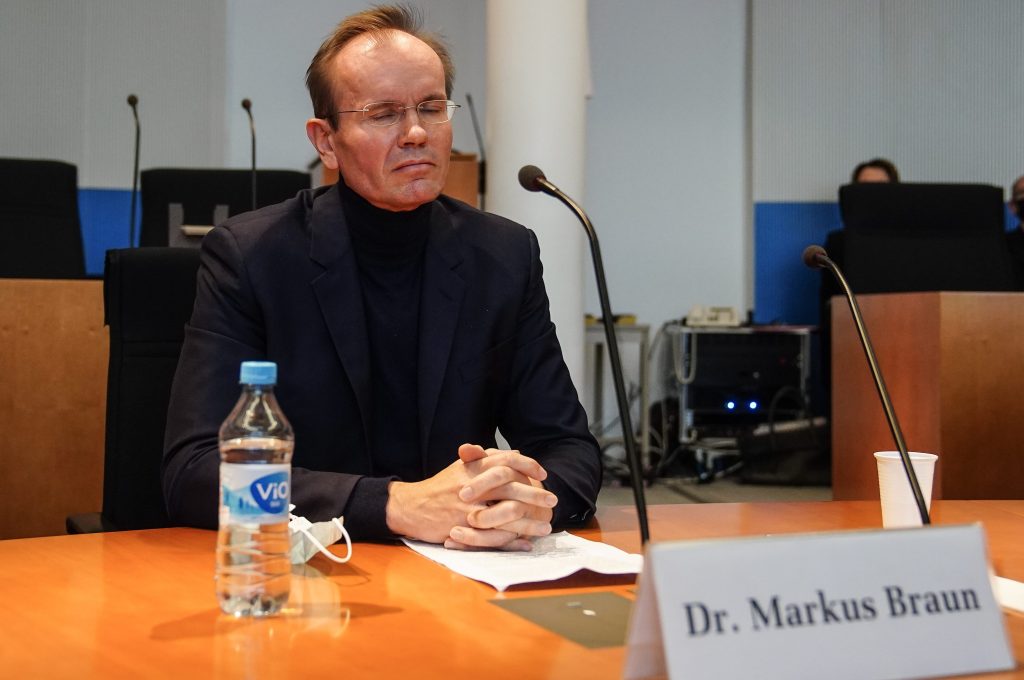On the outskirts of Munich, in an underground courtroom with a bombproof ceiling, the trial of Wirecard executives began on the morning of December 8, 2022. On trial are Markus Braun, the payment company’s former chief executive; Oliver Bellenhaus, former head of the Dubai subsidiary; and Stephan von Effra, former head of accounting.
The case has been described as the biggest fraud case in German history and one of Europe’s biggest post-war accounting frauds, and the men on trial face up to 15 years in prison if convicted. Charges of fraud, embezzlement, the manipulation of accounts and of markets have been leveled, and presiding judge Markus Födisch has scheduled 100 days of hearings “for now”.
Former chief operating officer Jan Marsalek, viewed as Braun’s number two, is not on trial. When the scale of the scandal was revealed in 2020, Marselek vanished. He remains in Europol’s most wanted list, suspected of commercial gang fraud, and is currently thought to be living in Russia.
Cashless payments
Wirecard launched in 1999 and swiftly made a name for itself in a world in which cashless payments were becoming more commonplace. It began by processing online card payments, mainly for gambling and pornography sites, before expanding into banking. It listed on the Frankfurt Stock Exchange in 2005 and made the Dax 30 list of leading German blue-chip companies in 2018. It was valued at €24bn ($25.23) and feted as a modern German success story, with then-Chancellor Angela Merkel lobbying on its behalf in China.
But the company’s figures began to arouse suspicion, and the Financial Times began to investigate. In 2019, a research firm alleged links to money-laundering and fraud. Wirecard aggressively deflected accusations that began to be levelled by journalists and investors. And the company was backed by the German regulator, BaFin.
Instead of investigating Wirecard, BaFin investigated the journalists, and barred investors from short-selling. Then, in 2020, everything came crashing down.
Missing billions
Wirecard was forced to admit €1.9bn ($2bn) that was missing from its accounts had probably never existed. Two Phillippines-based banks thought to have held the funds said they had never been Wirecard clients. The company filed for insolvency protection, and the former darling of Germany’s fintech sector was, in the words of the regulator that had once backed it, to be “a disaster and a disgrace”. Never before had a member of the DAX gone bust.
Braun is said to have knowingly signed off inaccurate financial reports. There are also allegations of faked documents and artificial inflation of profits, and serious questions about acquisitions. German authorities have identified a succession of failings, including by auditors Ernst & Young, which signed off Wirecard’s accounts.
The scandal has already led to the removal of the heads of three regulatory bodies, plus the head of EY Germany.













